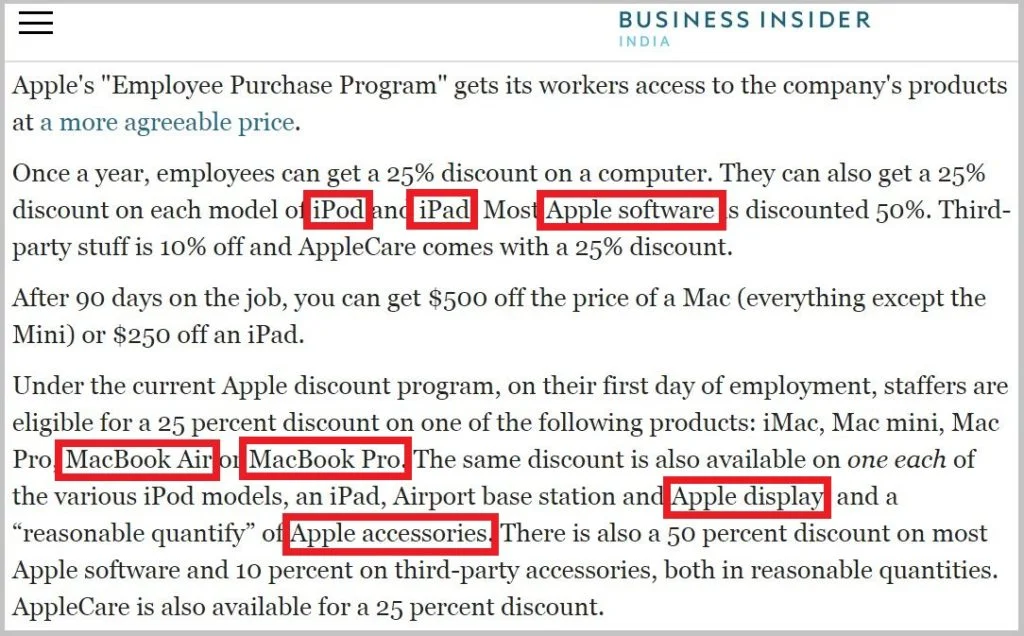Choosing the right keywords for on-page SEO is a crucial step to improving your website’s visibility in searchChoosing the right keywords is essential for improving On-Page SEO and increasing your website’s search rankings. Keyword research helps you target relevant search queries, attract organic traffic, and enhance your content’s visibility. But how do you find the best keywords for your website? Let’s explore!
Why Are Keywords Important for SEO?
Keywords act as search signals that help Google and other search engines understand your content. Using the right keywords improves:
✅ Search engine rankings
✅ Website traffic from relevant audiences
✅ User engagement and conversions

Step 1: Understand Your Audience & Search Intent
Before selecting keywords, identify who your audience is and what they are searching for. There are four main types of search intent:
🔹 Informational – “What is On-Page SEO?”
🔹 Navigational – “Google SEO tools”
🔹 Transactional – “Buy SEO services”
🔹 Commercial – “Best SEO agency near me”
Choosing keywords that match search intent increases the likelihood of higher engagement and conversions.
Step 2: Use Keyword Research Tools
To find the best keywords, use SEO tools like:
✔ Google Keyword Planner – Provides search volume and competition data
✔ SEMrush – Analyzes keyword trends and competitor keywords
✔ Ahrefs – Helps with keyword difficulty and ranking opportunities
✔ Ubersuggest – Generates keyword ideas based on search trends
Step 3: Focus on Long-Tail Keywords
Instead of short, broad keywords like “SEO services,” target long-tail keywords such as:
✅ “Best SEO services for small businesses”
✅ “How to improve Google rankings with On-Page SEO”
🔹 Why? Long-tail keywords have lower competition and higher conversion rates because they address specific user queries.
Step 4: Analyze Keyword Difficulty & Search Volume
When selecting keywords, consider:
📊 Search Volume – Higher search volume means more traffic but also more competition.
📉 Keyword Difficulty (KD) – A lower KD score makes ranking easier.
🎯 Competition Level – Avoid overly competitive keywords if your site is new.
Example:
| Keyword | Search Volume | Keyword Difficulty | Competition |
|---|---|---|---|
| On-Page SEO | 50,000 | High | High |
| Best On-Page SEO practices | 8,000 | Medium | Medium |
| How to optimize On-Page SEO | 2,500 | Low | Low |
Targeting medium to low difficulty keywords improves your ranking chances.
Step 5: Use Keywords Naturally in Content
For effective On-Page SEO, place keywords in:
✅ Title tag
✅ Meta description
✅ Headings (H1, H2, H3)
✅ First 100 words
✅ Image alt text
Avoid keyword stuffing and focus on readability and user experience.
Step 6: Track & Update Keywords Regularly
SEO is not a one-time process. Monitor keyword performance using tools like:
📈 Google Search Console – Tracks keyword rankings
📊 Google Analytics – Analyzes organic traffic
🔍 SEMrush/Ahrefs – Identifies keyword ranking changes
Updating your keyword strategy keeps your website relevant and competitive.
Final Thoughts: Choosing the Best Keywords for SEO
Selecting the right keywords requires a balance of search volume, intent, and competition. By using keyword research tools, targeting long-tail keywords, and optimizing placement, you can enhance your SEO strategy and drive more organic traffic.
Need Help with SEO Optimization?
At Social Media Max, we provide expert SEO services, keyword research, and content optimization. Contact us at 0161 399 3517 or Syed_66@hotmail.com for a free SEO consultation!